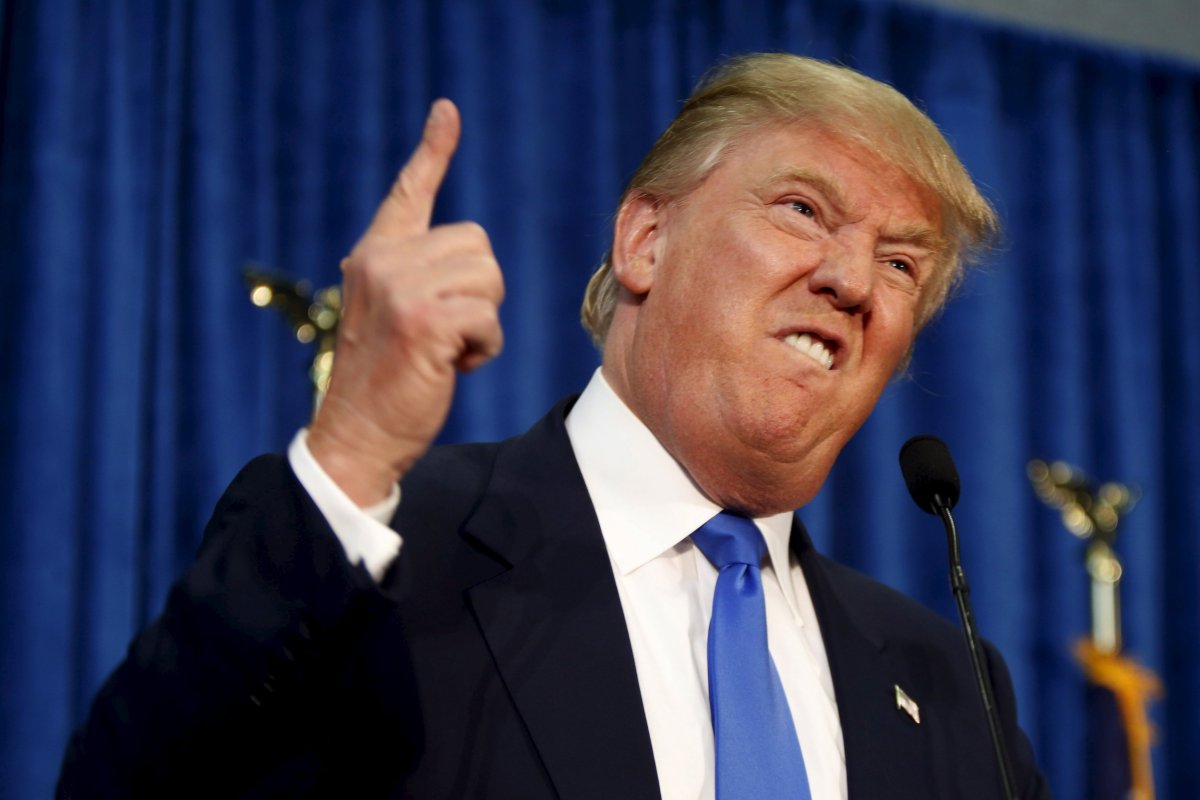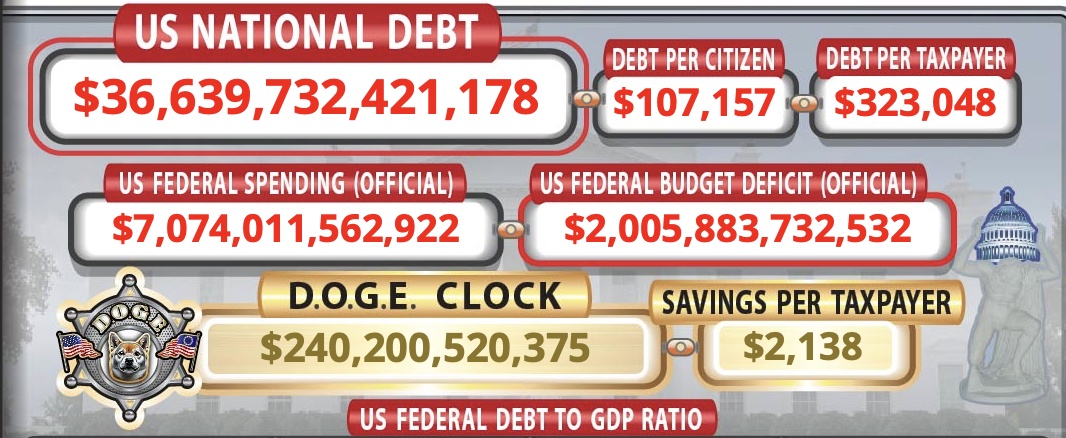
In Germany, many people rely on news sources such as ARD, which often only present a fragment of the global economic reality. In the USA in particular, where the national debt burden is around 36.2 trillion dollars and continues to rise every year, the financial challenges are gigantic. This corresponds to a per capita debt of over 106,000 dollars, a clear sign that there are profound economic problems.
Stock markets in the US have experienced a rollercoaster ride in 2024, with a big explosion followed by a sharp fall. This reflects the volatility of market values, which have been overvalued in recent years despite the highest inflation in four decades. The debt to gross domestic product (GDP) ratio is an impressive 121%, highlighting that the US is spending more than the economy can afford each year.
Against this backdrop, the economic approaches and austerity measures proposed by Trump are crucial. Elon Musk $TSLA (-0.68%) has already saved 240 billion dollars through the Department of Government Efficiency (DOGE) and plans to save billions more each year. In addition, an increase in customs revenue from 50 billion to 500 billion dollars is expected to drastically reduce the annual deficit from 2 trillion to 500 billion dollars.

To dispel common misconceptions about the impact of tariffs, here are some clarifying points based on 2016 data: Despite the imposition of tariffs on solar panels, washing machines, steel and aluminum, prices for solar panels and washing machines have remained largely stable, while prices for metals have actually declined. These observations refute the assumption that tariffs generally lead to higher prices. There is also a significant difference in customs policy between the EU and the USA. While the EU only imposes a 2.5% tariff on imported cars, the figure in the USA is 10%. These facts should be taken into account when discussing economic policy in order to enable a well-founded and objective assessment of tariff measures.
Another exemplary project is the GOLD Cards, a residence permit by investment, which cost 5 million euros each. Over 1000 of these have already been sold, generating significant additional revenue and are expected to help further reduce the budget deficit.
In Germany, the debt brake may protect us from such extreme financial problems, but that does not mean we should ignore the problems of other countries. Criticizing Trump's economic policies may be simplistic, but it ignores the complexity and urgency of the situation facing the US. It is important to look beyond our own backyard and take a more objective perspective on other countries' efforts to stabilize their economies. This requires a serious examination of the measures and not mere agitation.









